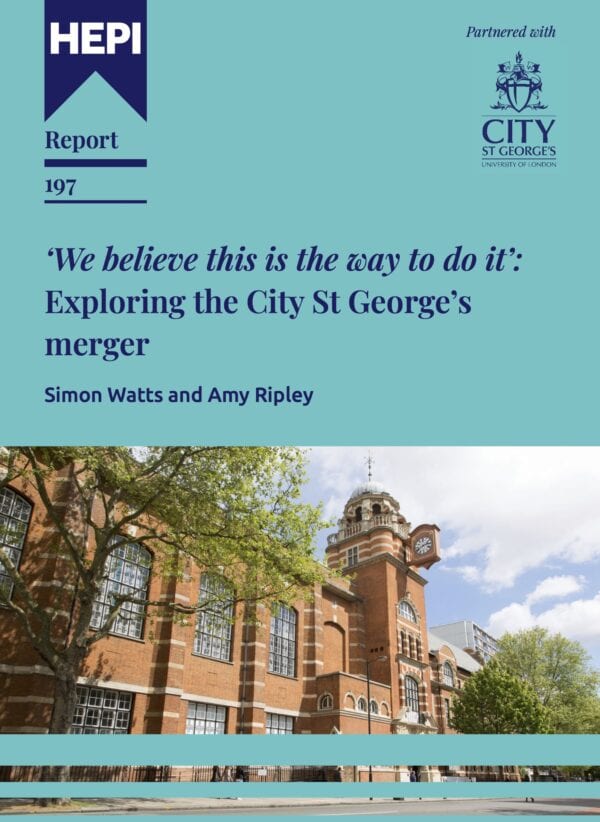Using Technology to Restore Trust in Testing
Francesca Woodward is Group Managing Director for English at Cambridge University Press & Assessment.
Anyone who has ever taken English language tests to advance in their studies or work knows how important it is to have confidence in their accuracy, fairness and transparency.
Trust is fundamental to English proficiency tests. But at a time of digital disruption, with remote testing on the rise and AI tools evolving rapidly, the integrity of English language testing is under pressure.
Applied proportionally and ethically, technology can boost our trust in the exam process –adapting flexibly to test-takers’ skill levels, for instance, or allowing quicker marking and delivery of results. The indiscriminate use of technology, however, is likely to have unintended and undesirable consequences.
Technology is not the problem. Overreliance on technology can be. A case in point is the shift to remote language testing that removes substantial human supervision from the process.
During the pandemic, many educational institutions and test providers were forced to move to online-only delivery. Universities and employers adapted to the exceptional circumstances by recognising results from some of those newer and untried providers.
The consequences of rushed digital adoption are becoming clear. Students arriving at UK universities after passing newer at-home tests have been found to be poorly equipped, relative to their peers – and more prone to academic misconduct. Students were simply not being set up to succeed.
Some new at-home tests have since been de-recognised by universities amid reports that they have enabled fraud in the UK. Elsewhere, students have been paying proxies to sit online exams remotely. Online, videos explaining how to cheat on some of the newer tests have become ubiquitous.
So how can universities mitigate against these risks, while ensuring that genuine test-takers thrive academically?
When it comes to teaching and learning a language – as well as assessing a learner’s proficiency – human expertise cannot be replaced. This is clear to experts – including researchers at Cambridge, which has been delivering innovation in language learning and testing for more than a century.
Cambridge is one of the forces behind IELTS, the world’s most trusted English test. We also deliver Cambridge English Qualifications, Linguaskill and other major assessments. Our experience tells us that people must play a critical role at every step of teaching, assessment and qualification.
While some may be excited by the prospect of an “AI-first” model of testing, we should pursue the best of both worlds – human oversight prioritised and empowered by AI. This means, for instance, human-proctored tests delivered in test centres that use tried and proven tech tools.
In language testing – particularly high-stakes language testing, such as for university or immigration purposes – one size does not fit all. While an online test taken at home may be suitable and even secure for some situations for some learners, others prefer or need to be assessed in test centres, where help is on hand and the technology can be consistently relied upon. For test-takers and universities, choice and flexibility are crucial.
Cambridge has been using and experimenting with AI for decades. We know in some circumstances that AI can be transformative in improving users’ experience. For the highest stakes assessments, innovation alone is no alternative to real human teaching, learning and understanding. And the higher the stakes, the more important human oversight becomes.
The sector must reaffirm its commitment to quality, rigour and fairness in English language testing. This means resisting shortcuts and challenging providers that are all too ready to compromise on standards. It means investing in human expertise. It means using technology to enhance, not undermine, trust.
This is not the time to “move fast and break things”. Every test provider, every university and every policymaker must play their part.







Comments
Natasha O'Connell says:
I found this article on using technology to restore trust in testing really insightful. It’s crucial that we ensure the accuracy and fairness of language tests, especially with all the changes happening in the digital world. I’m curious to see how these innovations will impact future testing methodologies!
Reply
Add comment